

The best practices for hoteliers to digitalise the guest journey
Some hoteliers have realised that digitalisation allows them to better respond to the expectations of guests, to be more efficient, to generate additional sales and to collect data to increase loyalty. Here is an overview of the best practices used by Spanish hoteliers in digitalising the guest journey.

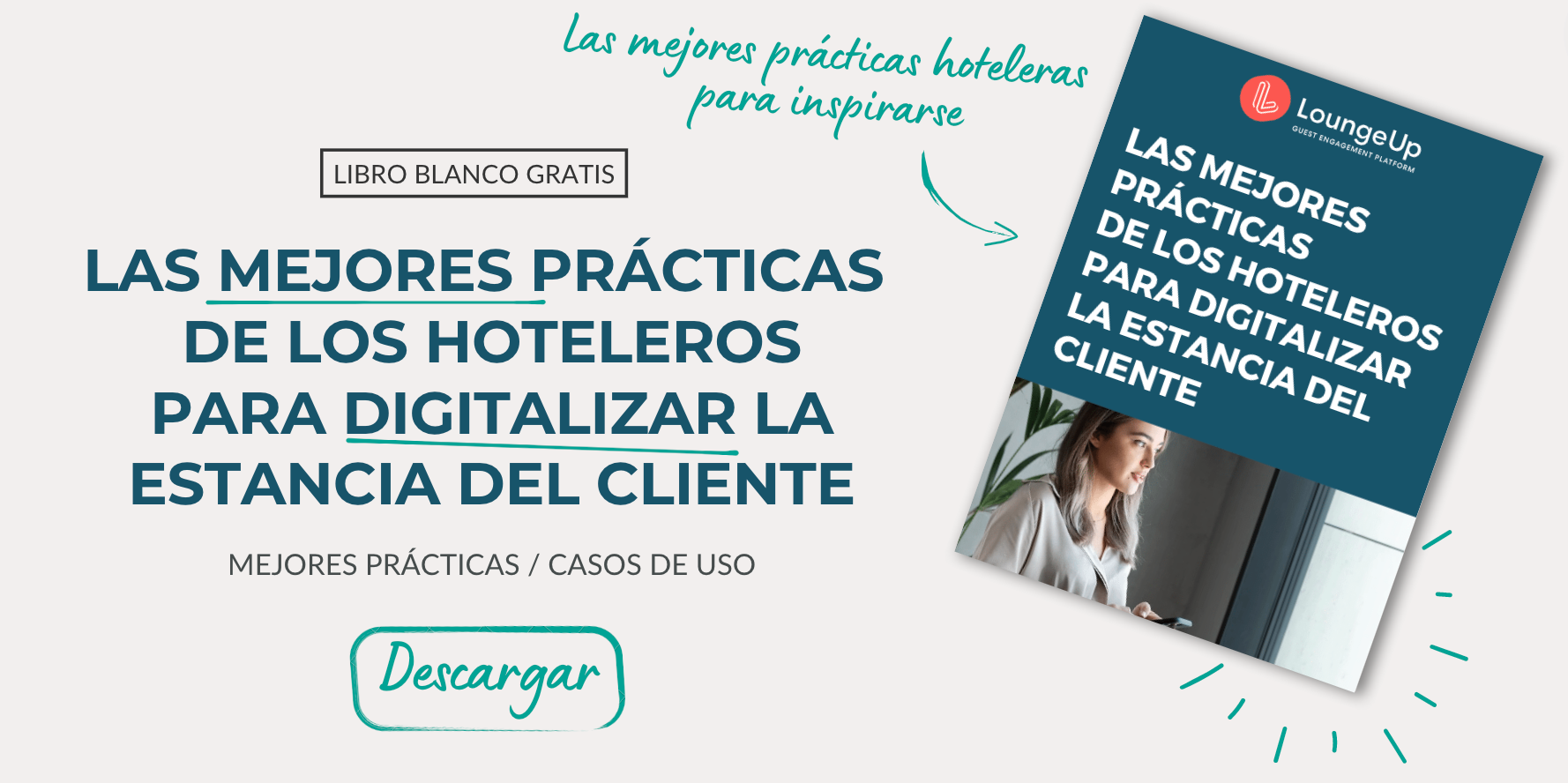
Practice 1: Inform customers effectively throughout their stay
It is important to keep control of the customer relationship, before, during and after the stay. Keeping guests informed is important because they want information and support. That's why automated e-mail, SMS or WhatsApp campaigns are great ways to proactively provide the information and services that guests need, without them having to search themselves.
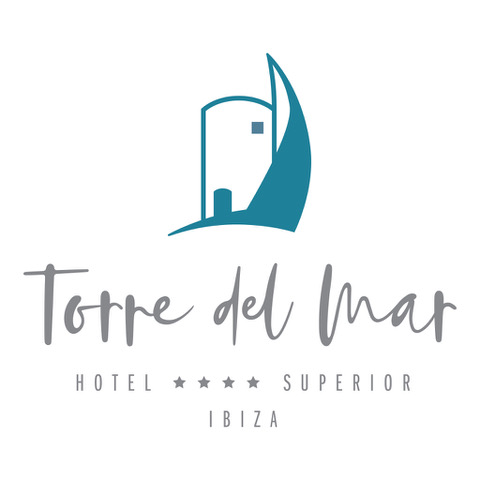
❯ Torre Del Mar (Ibiza), a 4-star hotel with 230 rooms, has understood that communicating throughout the stay by marking the guest journey with personalised touchpoints has many advantages: meeting the expectations of guests, informing them effectively and even collecting the e-mail addresses of guests who have not booked directly so that they can maintain contact.
❯ The hotel thus programmed different campaigns to follow each guest throughout their stay. Using a single sending tool for all the different touchpoints helps to streamline communication. Whether it be the booking confirmation, the presentation of the guest portal, reserving additional services, the post-stay satisfaction form, or loyalty strategies... all campaigns are sent on the same platform which reinforces the brand image and makes it easier for the guest to read because the layout, messages, forms, signatures, sender, etc. are all similar.

❯ The figures speak for themselves, all of their campaigns have an open rate of around 75%, which is extremely high and clearly demonstrates that guests are in demand for information at these stages. The establishment can collect up to 89 personal e-mail addresses from its guests per month. This allows the hotel to maintain contact after the stay and run loyalty campaigns (which is not possible with guests provided by Tour Operators / online agencies because the hotel does not recover the direct email address of the guest but an alias which is deactivated at the end of their stay instead).
Using a tool that centralises guests' messages received through different communication channels (e-mail, WhatsApp, SMS, Facebook Messenger...) optimises the teams' response time and ensures that no guest request is forgotten.
The tools developed by LoungeUp greatly simplify the problem of the hotel sector, namely that communication with guests is carried out on a single screen and with a single click, combining many different channels into one. The apps, which are constantly evolving, adapt perfectly to the changes that the technology requires, therefore the targeted information reaches the guest directly, in turn achieving many cross-sales. - Eduardo Ortega, Head of Reception, GHM Hoteles ▶ Read the interview with GHM Hoteles
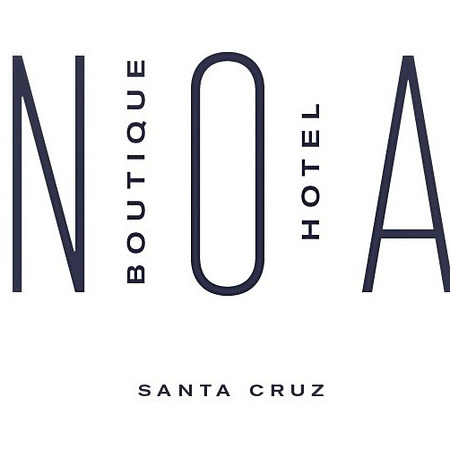
❯ The Noa Boutique Hotel, a 4-star hotel with 32 rooms (A Coruña), uses the messaging hub to respond to messages from its guests, whether they are pre-stay requests, breakfast orders or messages sent proactively by guests. The use of the hub is simplified by making it possible to manage all conversations on a single screen, and easily access the files of each guest, containing contact details, reservations, payments, opinions left on review sites, preferences, etc.
❯ The teams at Noa Boutique Hotel (reception, operations, management, ...) make good use of the messaging hub: for example, by sending message notifications ("in progress","completed", etc.) as a way to efficiently coordinate the management of guest requests. All colleagues are informed of the progress of each request. Therefore, a guest does not receive the same message several times and the hotel does not forget any request. The processing time is also reduced, regardless of the channel through which the guest request was made.
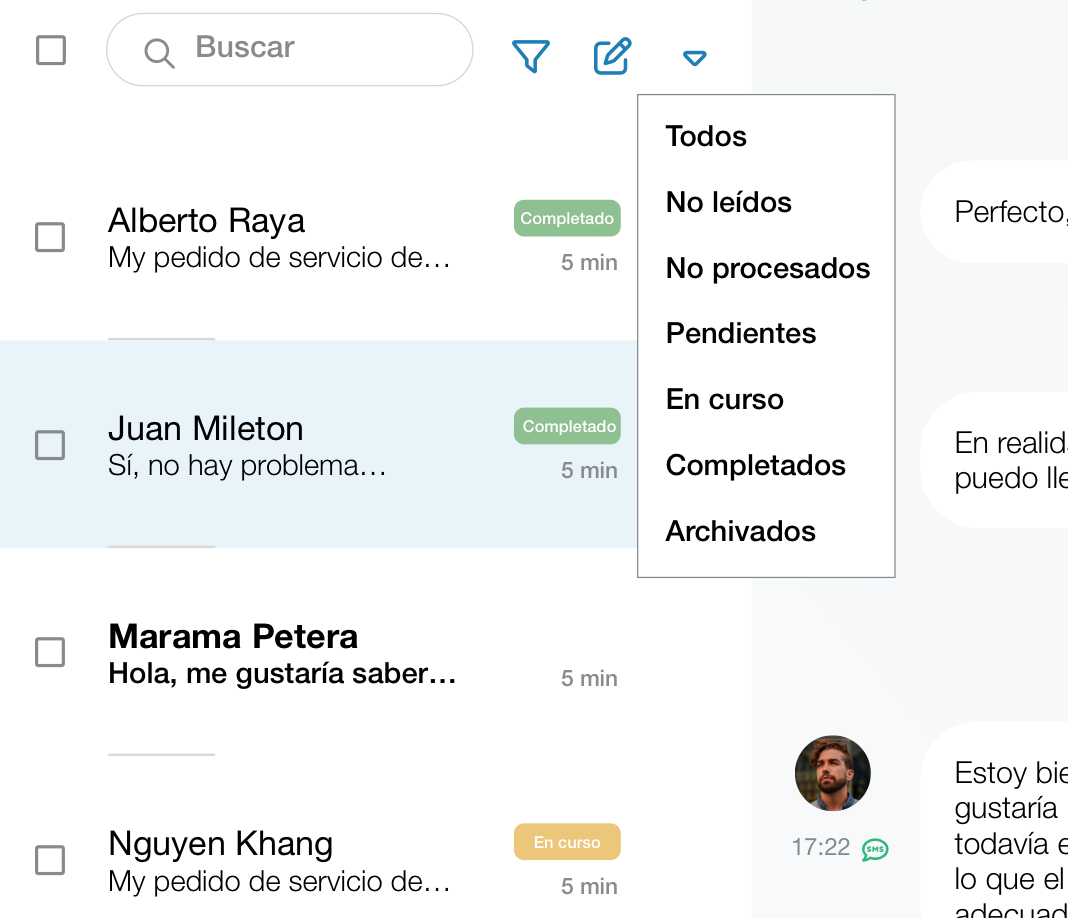
❯ Guest requests can be very varied: ordering breakfast, retrieving information before their stay, a proactive message from the guest, a technical problem, etc. These are redirected to the person or team in charge: an order to the restaurant, a technical problem to the technician, a general question to the reception, etc.
Practice 2: Using guest data to personalise the welcome and the guest journey
It is important to capitalise on the guest data that is present in the many software applications used by the hotel, with the aim of improving the guest experience. This is the objective of CRM which serves to centralise all information in a single guest database. It is the receptionist's job to find out about the day's arrivals so that the process is as simple and comfortable as possible for the guest. However, without the appropriate tools, this manual work is very time-consuming.
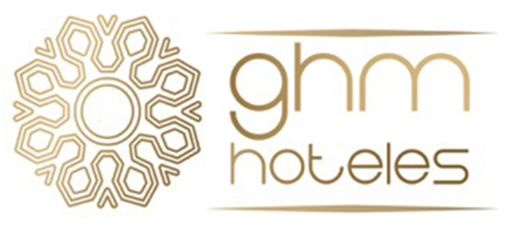
❯ GHM Hoteles (Sierra Nevada) have understood that collecting information before the guest's arrival is a way to personalise their welcome, especially for guests who return to their establishments:
Improving the guest experience means ascertaining whether or not a guest has previously stayed in the establishment before they arrive.The CRM module helps us to establish our regular and loyal guests, which allows us to identify them as soon as they book, and thus be able to welcome them in the way in which they deserve: by offering them a welcome gift, by taking into account their preferences during previous stays, or by allocating them their favourite room for example. ▶ Read the GHM Hoteles interview
❯ The group's apartments require all the more personalised and efficient communication, so that guests can be autonomous. Before their arrival, the guest receives the check-in procedure to get the keys to their appartment, access to their accommodation, and all the important information (how to use the wi-fi, the television, the hotel services, how to contact the reception, the sanitary procedures, etc). Therefore, even when the hotel is closed, the appartments can receive guests! Each appartment has a specific guest itinerary, with e-mail and SMS campaigns that provide information about the reserved appartment. For the hotel, this saves a great deal of operational time: the entire guest reception is managed in an automated manner while also ensuring an extremely high level of personalisation. This gives each guest the feeling of being treated individually.

Our bookings are generally made several months in advance, which generates a fairly long pre-arrival or pre-stay period. LoungeUp allows us to take advantage of this period to send relevant information to the guest as soon as the booking is made. It is essential to facilitate the arrival process. We send the guest automated arrival instructions with all the necessary steps to access their appartment, including the possibility to collect the keys from our check-in desk. And throughout the stay, we have a direct communication channel with guests through the chat integrated in the app. - Antonio Gallego, Operations Director, GHM Hoteles ▶ Read the GHM Hoteles interview
Practice 3: Provide an online guest portal to give the guest information
The guest portal makes it possible to merge several functionalities within the same tool: a digital room directory / an order module on the phone: room service, spa treatments, restaurant table, etc. / a tourist guide with your personalized recommendations / an online chat...
This allows guests to easily access the information and services they need directly on their smartphone, tablet or computer, whether they are in the hotel or not.
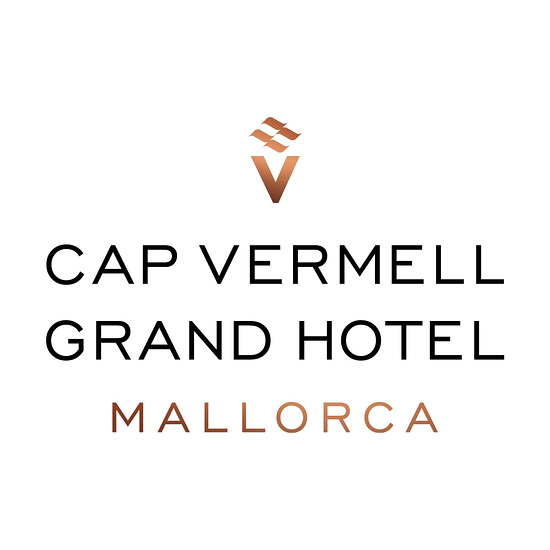
❯ The Cap Vermell Grand Hotel in Mallorca, a 5-star hotel with 142 rooms in Canyamel, has installed tablets in its rooms, suites and villas to make the guest portal available to its guests. Thus, the guests have access to all the hotel's services and can, among other things:
- book treatments at the hotel spa
- order tapas
- order drinks and cocktails from the pool bar
- request room service
- access the Country Club programme
- book a taxi or shuttle transfer
- reading newspapers and magazines
- access the hotel's tourist recommendations
- schedule a wake-up call through Reception
- ask for the room to be cleaned
- report a technical problem to maintenance
- access to the weather forecast of the week...

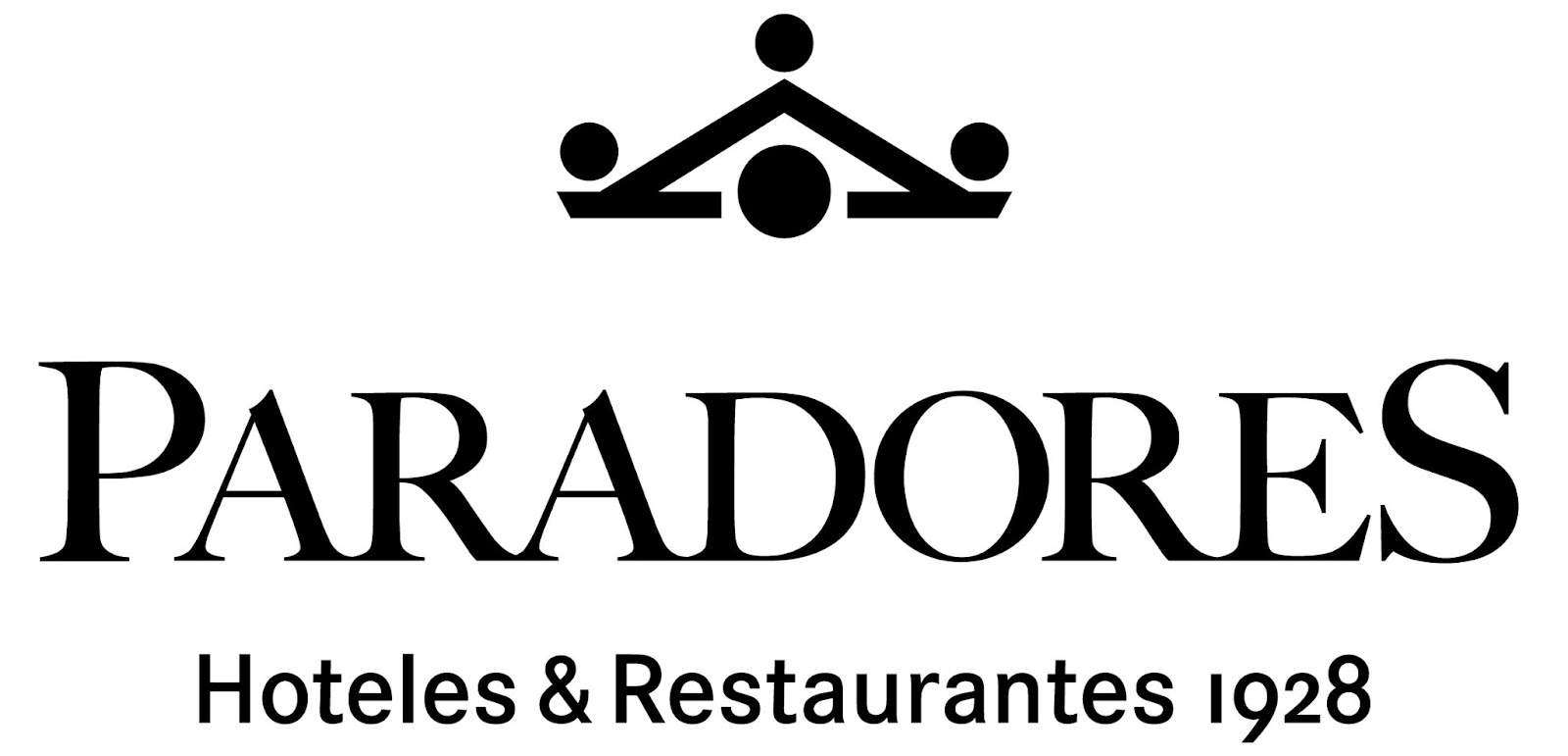
❯ The hotel chain Paradores de Turismo has also set up a guest web portal across its 100+ properties throughout Spain in a record time of two weeks.
Their communication is extremely effective, using a QR code that redirects guests to the app that is accessible without it having to be download :
- the QR code is printed on a flyer which is given to each guest, and upon their arrival, the receptionst details the services which can be accessed by scanning this QR code
- the QR code is also displayed on the TV screens in rooms and suites using a Chromecast
❯ Thanks to their simple but effective communication, some establishments have achieved record usage of the portal with up to 80% of guests using the portal during their stay, and an average usage in almost all establishments of more than 20% of customers.
The average time spent on the portal of each hotel is about 6 minutes, being used to learn about the history of the hotel, order breakfast, chat with the concierge, check-out, book a spa treatment, etc.
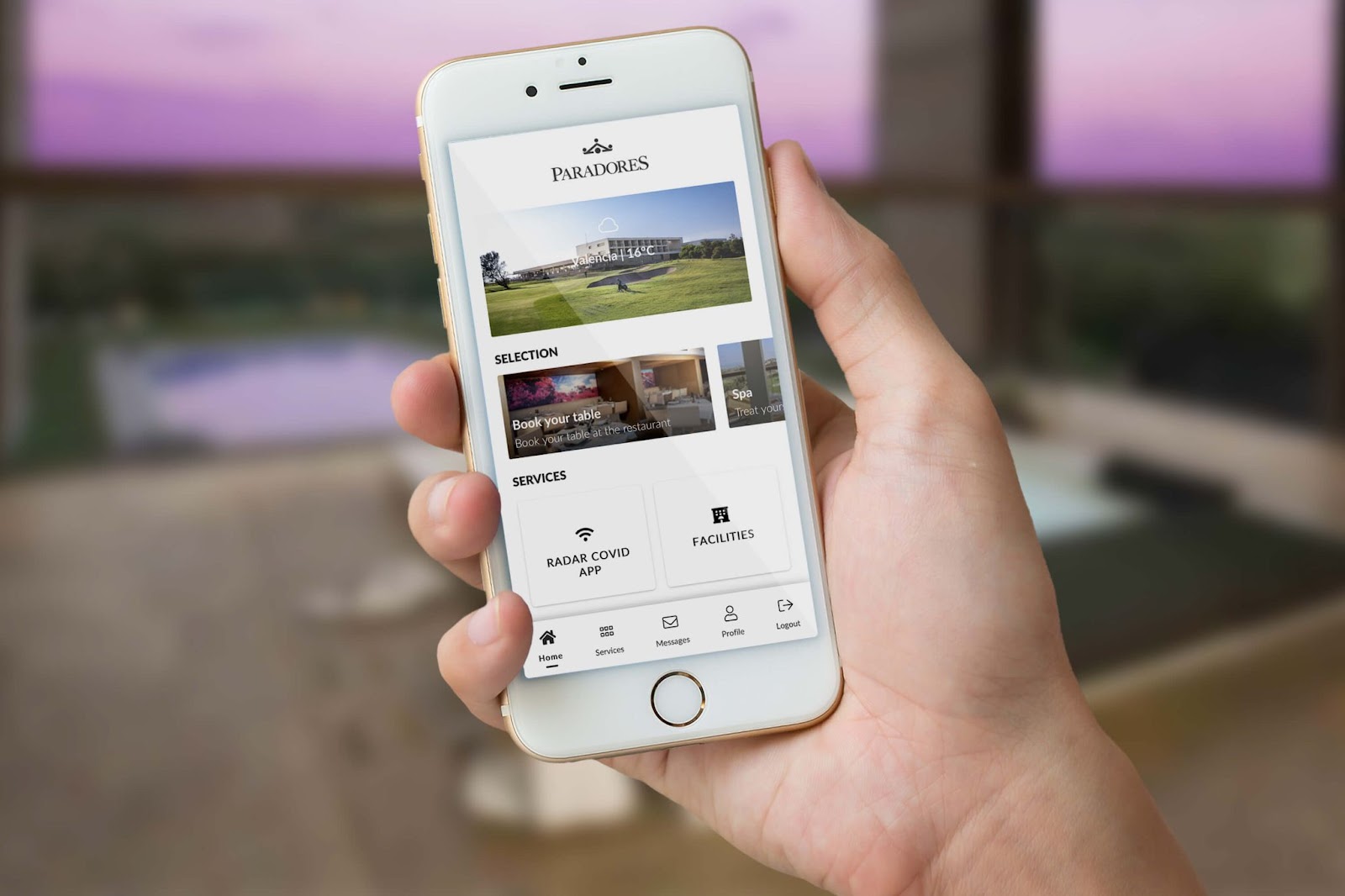
The tool is simple to use. Thanks to a QR code, guests can access the hotel's services directly from their mobile or tablet. The virtual concierge improves the guest's experience by avoiding unnecessary waiting times. ▶ Read the press release from Paradores de Turismo
❯ With 100 establishments equipped with the guest web portal, Paradores hotels have implemented an advanced content strategy, adapting information and services offered to guests. Hence, some content is managed at group level as it is applicable to all establishments (sanitary procedures, breakfasts, etc.). However, on the other hand, some content is managed by the establishments themselves because it is specific to each hotel (hotel-specific services, local activities, walking/hiking routes, partnerships with local museums, etc.). This management simplifies the process of updating the information on a wider scale (to ensure that common information is up to date in all hotels) but also for each individual hotel (which simply has its own local information to update).
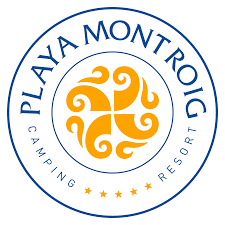
❯ In the camping sector, communication with guests is just as important as in the traditional hotel business, especially when the area is vast and touchpoints are limited. Playa Montroig, a 35-hectare, five-star camping village about 100 kilometres south of Barcelona has many facilities: two restaurants, an open-air theatre, six playgrounds, five bars, two night clubs, sports facilities, etc. The best way to inform guests about these numerous facilities is to group them together in a digital welcome booklet, which they can have on their smartphone or other device at any time. About 40% of guests download the app before their arrival, so they are already informed about everything there is to enjoy at the campsite.
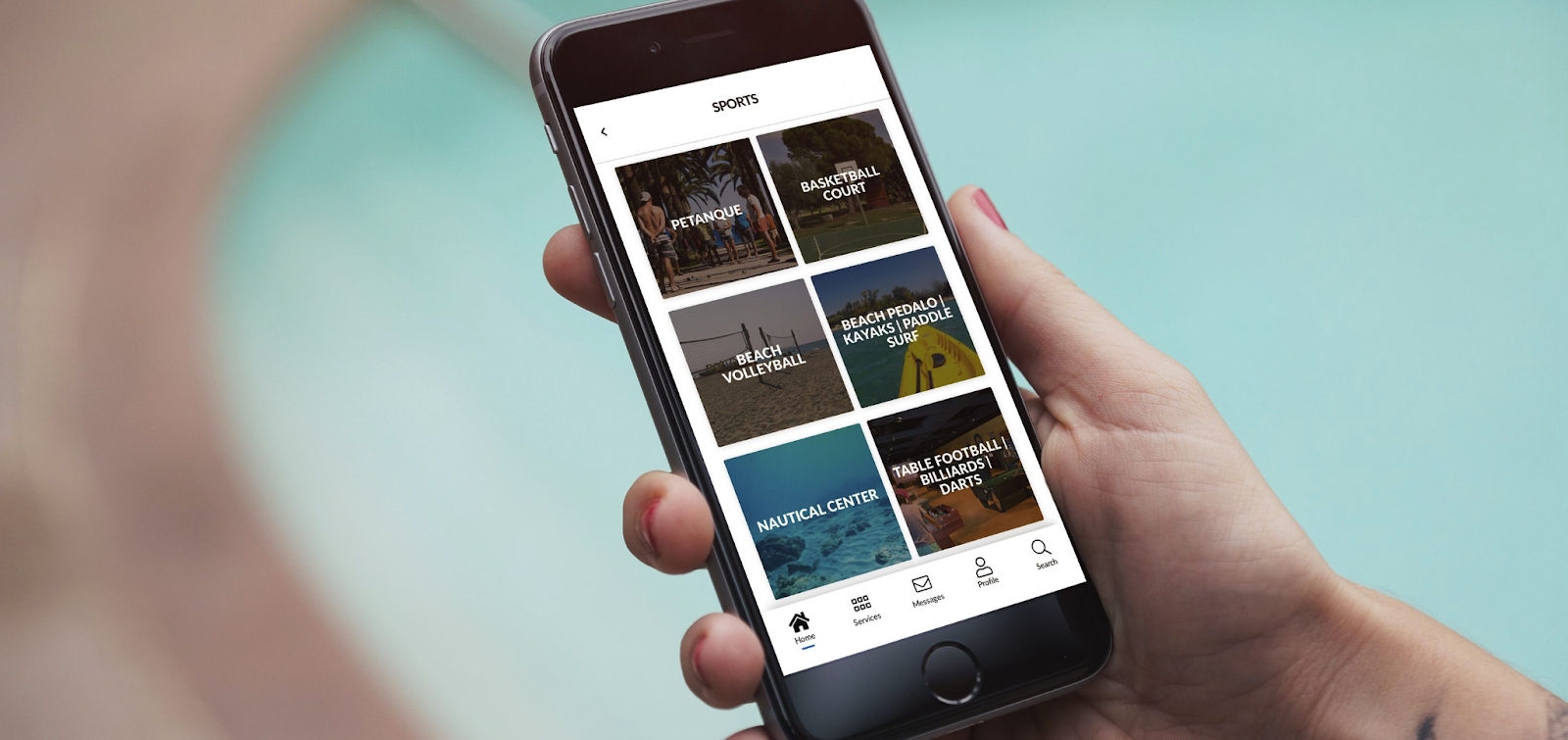
We have received very good feedback on the usefulness of the application and the satisfaction index for the Reception has increased by 8 points. As the customer is better informed, they go to the reception less, which leaves more time for the teams to improve the management of reservations, incidents and the experience! - Alejandro Giménez, General Manager, Playa Montroig ▶ Read all about Playa Montroig's best practices
Practice 4: Offer personalised services at the right time to increase upsell
It is in the hotel's interest to promote its services well before and during the stay. The more personalised the selection of services and the better the timing, the more the hotel will increase its additional sales.
❯ The hotel Torre Del Mar has introduced an important strategy for the guest journey, with email campaigns sent to guests at different key moments of the stay. These campaigns offer the hotel's services and generate up to €3000 of additional revenue per month.
❯ We notice that the best time turns out to be the pre-stay period shortly before arrival, during which the guest is more inclined to complete their stay with additional services (upgrade, breakfast, transfer, romantic room package, etc.). They have already paid for their stay and want to treat themselves. It is therefore in the hotel's interest to contribute to this moment of excitement before the trip and to offer services that interest the guest (and therefore are personalised to their profile).
❯ However, the timing of sending in pre-stay is very important. The guest should not be approached too early. If they have not planned their stay and have not yet set up their programme, they will find it difficult to book extras and commit to a schedule. On the other hand, sending a message too late would ruin the chances of increasing the customer value. The key is therefore to make the timing very precise, between 7 and 3 days before the stay, to allow time to send a reminder to guests who have not done the pre-check in.
❯ What does it mean to personalise services? Services sent by email, SMS, on the guest portal or by WhatsApp, need to be bespoke:
- guest profile (and therefore preferences)
- to the time of their stay (just after arrival, the day before departure, etc.)
- or time of day (morning / noon / evening, beginning / end of week, weekend, etc.)
❯ This is what Playa Montroig Camping Resort has implemented which has improved its sales of additional services on site, as well as its internal organisation:
From the outset, we tried to segment by type of guest to offer a more personalised experience (families, elderly, etc.) and to propose targeted services. This has increased orders for services such as the Spa, and has allowed us to manage our teams better and increase the quality of service. - Alejandro Giménez, General Manager, Playa Montroig ▶ Read all about Playa Montroig's best practices
Practice 5: Optimising operations management and internal communication
Having a solution to manage internal operations makes it possible to lighten the daily workload of operational teams (reception, concierge, baggage handler, housekeeping, maintenance, etc.). These tools allow them to be more productive and effective. They improve communication between the hotel's teams (through decreasing loss of information, omissions or errors). They also increase guest satisfaction by allowing teams to respond more quickly to guest requests and giving them more time to devote to the guest relationship.
❯ The hotel Cap Vermell Grand Hotel has thus equipped itself with the internal operations management solution, Dmbook Pro, to efficiently manage all orders and requests from guests. This solution is directly linked to their guest portal on in-room tablets. Thus, whether a guest makes a request on the tablet in his room, on the phone or in person at the reception desk, their request will be automatically recorded using this tool.
❯ Each guest request is redirected to the relevant department (ordering breakfast, booking a sports activity, shuttle, wake-up call, etc.). So, for example, as soon as a guest books a treatment at the hotel spa, the team in charge of the spa is instantly notified and a ticket is automatically created to ensure that the request is properly processed and followed up. If it is not, an automatic reminder is sent out and the request remains open until someone from the team completes it.
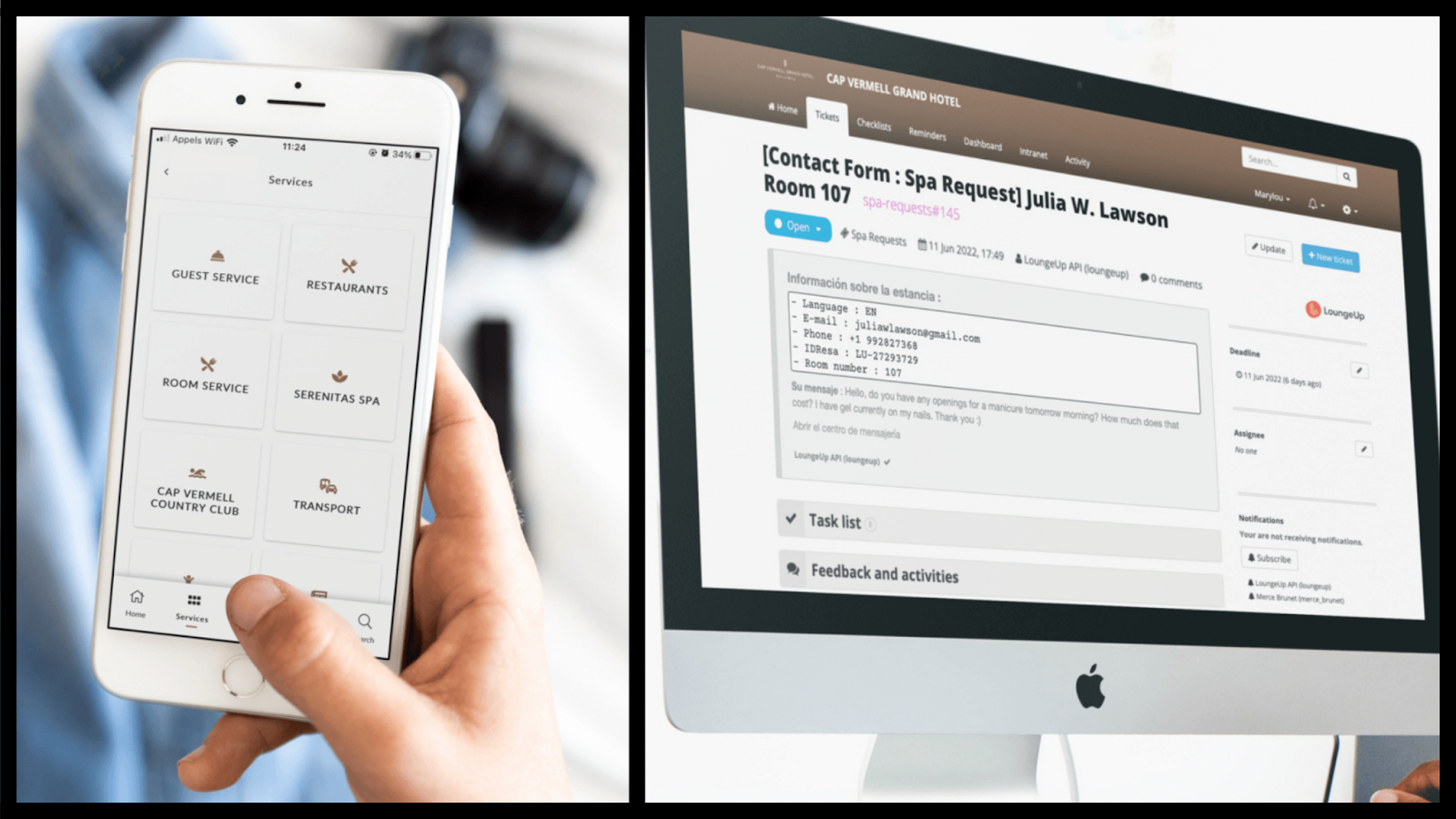
❯ All teams in the Cap Vermell Grand Hotel are equipped with phones with the Dmbook Pro application installed on them. So whether it's the restaurant team for breakfast or room service requests, the spa teams, the reception, baggage handlers, housekeeping, the maintenance team, etc., they are only notified by the requests that concern them. They have an automatically updated list of tasks to perform, and can mention other team members for more information or to assign certain tasks.
Practice 6: Online payment to facilitate departure and reduce payment problems
Payment is always a delicate issue in the hotel industry, one of the few sectors where payment is made after the service has been provided. Fortunately, new alternatives allow hotels to dematerialise payment to guarantee payment (security with pre-authorisation) but also to better manage the departure by proposing to the guest not to take out his bank card (manual or automatic debit).
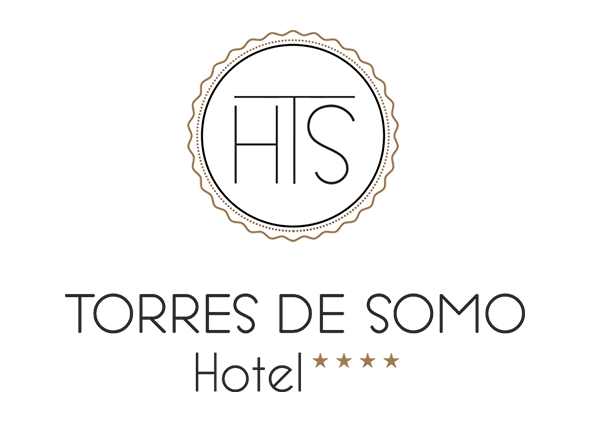
❯ Torres De Somo, a 4-star hotel with 30 rooms in the heart of the countryside (Cantabria), has introduced the feature of paying online before the stay on the website. The guest is invited to complete a pre-authorisation procedure, which allows the hotel to deduct the amount of the stay and the extras from the guest on the day of their departure.
❯ The benefit of bank pre-authorisation is the 3D-Secure protocol which identifies the guest in a "strong" way which ensures that the hotel will receive the payment of the stay, even if the guest opposes it, does not come (no-show) or cancels their visit.
We have made a great leap forward in the quality of our service guest and every day we apply new things that improve the result. - Enrique Colsa, Director Hotel Torres de Somo
❯ Like Torres De Somo, the sending of the pre-authorisaton link can be segmented according to each guest profile. For example, different procedures and direct debit amounts can be programmed depending on different settings:
- the booking channel (OTA, Tour Operator...)
- the type of reservation (specific room/suite, rate code...),
- the time of the stay (high/low season...), etc.
❯ Managing payments from the interface is very simple, campaigns are sent automatically and just in a few clicks the hotelier can resend them to the guests who have not filled in the pre-authorisation via SMS or WhatsApp. The arrival list summarises the guests of each day on a single screen and allows the reception to monitor the progress of check-in/payment procedures. At a glance, the hotelier can see which a guest has not completed its pre-check-in and which needs to be reactivated.
❯ For the guest, this is a genuine improvement in their journey, they just have to fill in the bank pre-authorisation form, in exactly the same way as when they make purchases online. Then, when they leave, they don't even need to pay for their stay (even if they have ordered a few extras), the hotel can deduct it in a few clicks. This is a real time saver for the hotel but also for the guest who has their departure accelerated, especially when they have a plane/train to catch.
Practice 7: Build guest loyalty by encouraging them to return to the hotel directly
It is in the hotel's interest to welcome back guests who have already stayed at the hotel directly to avoid the commission of online agencies. A guest who has already stayed at the hotel and subsequently rebooks indirectly indicates that the hotel has failed to capitalise on its database.
❯ The hotel Torre Del Mar sends out newsletters to keep in touch with guests after their stay. About ten campaigns are sent during the year to offer guests offers: reopening of the hotel, beginning of the winter season, Black Friday, Christmas parties, closing of the hotel, etc.
❯ Their campaign statistics are very high, even more so for campaigns with a purely marketing purpose: their open rate is 40.8%, the click rate is 4.1% with a spam rate of 0. Therefore, the guests take advantage of different offers and the hotel decreases the cost of acquiring such guests by increasing its retention rate.
❯ The Noa Boutique Hotel also uses the segmentation of its CRM to target, for example, all its former leisure guests who reside in Spain (and more specifically in the province where the hotel is located) to offer them special deals during festive periods (local holidays, Father's/Mother's Day, Valentine's Day, Easter, etc.). This segmentation can be extremely precise and this gives more authenticity to the offers sent (number of stays, satisfaction rate, previously booked services, etc.).
→ Learn more about LoungeUp and see the solution live: request an online demo.


![LoungeUp: The employee experience in the hotel industry: how to attract and retain teams? [Part 1]](https://assets-global.website-files.com/60f077692d7fca24c7615a2a/65e09effcf936ccc4a979ae1_1_3%20Experience%20collaborateur.jpg)
